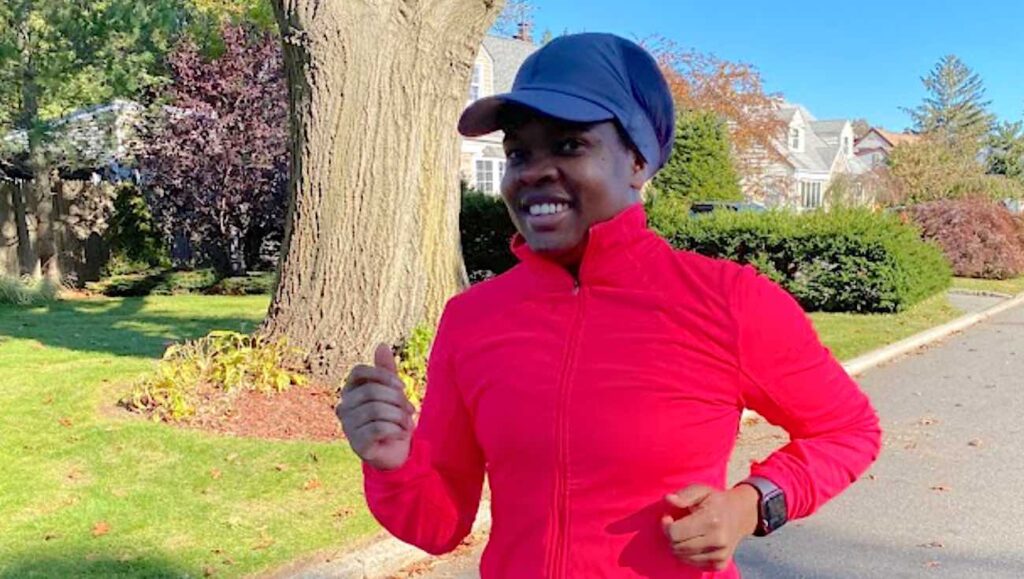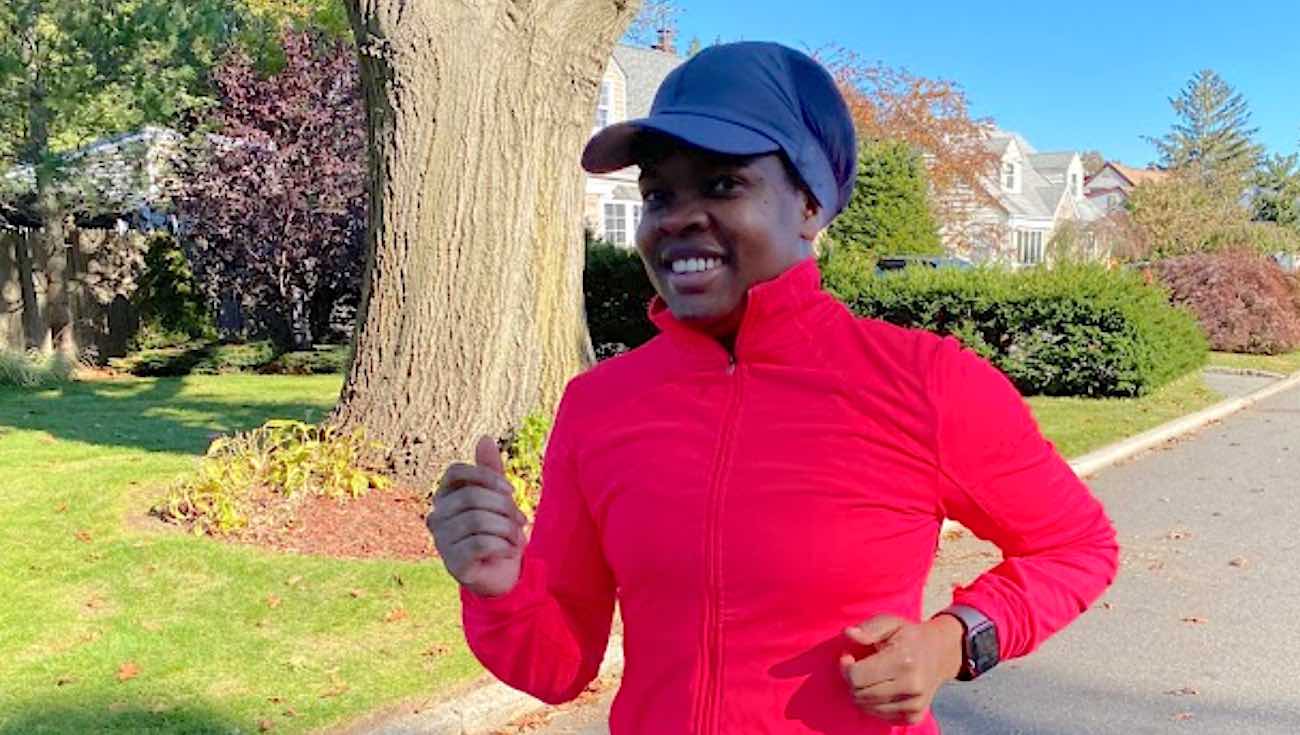When a marathon runner was put out of action by lupus, a debilitating auto-immune disorder, an experimental trial got her back on track, and may prove to create the first safe therapy to stop the progression of the disease.

It was during the training for the 2020 NYC Marathon that 35-year-old Sasheen Reid had the unfortunate honor of living in the city with the harshest lockdown in the country, putting her marathon plans on hold.
“I gave birth in May of 2020 and then I went into a really bad flare for about six weeks post partum,” Reid told GNN.
Like multiple sclerosis or ALS, lupus is a disorder of the immune system that results in the natural defense mechanisms of the body turning against itself.
A trial was opening at the same time at the Feinstein Institutes for Medical Research in Manhasset to study the effects of a lupus drug called Benlysta. So Reid signed up to take part.
“I started the trial in October 2020. My husband subscribes to the Lupus Foundation, so whenever new medication comes out he would tell me,” says Reid. “I’ve read a lot about peoples’ struggles with lupus, I have only the joint pain and the hair-loss. I don’t have involvement with kidneys or heart arrhythmia, and I think that’s the point of the trial, if patients can be diagnosed early, can you prevent a progression of the disease?”
Catching it early and stopping the disease in its tracks
“One of the biggest hurdles [to treatment] is diagnosing patients early with the condition,” Cynthia Aranow MD, a Rheumatologist at Feinstein involved with the trial, told GNN. “On average, it can take up to six years to get a proper diagnosis, which can delay starting people on medications to manage their symptoms, control their disease, and prevent organ damage.”
Benlysta has been approved for patients with lupus for over ten years, and, most recently, it was approved by the FDA for the treatment of lupus kidney disease. However, it’s usually used after other medications have failed.
“The goal of this two-year trial is focused on patients with a recent and early diagnosis. We are specifically interested in seeing if early treatment with Benlysta can stop the progression of the disease in its tracks,” she said.
“If we can alter the course of the disease through early intervention, we hope to spare patients from needing immunosuppressive medications (which are associated with many side effects) to control their disease in the future.”
Reid doesn’t know if she received the placebo or Benlysta, but she already feels much better, and her tests for the principal lupus biomarker—anti double-stranded DNA—have fallen from 650 (normal for lupus patients) to 176.
For Reid this translated to: getting the running shoes out, buying the post-workout collagen drinks, and hitting the track.
“I was a runner. I did 10Ks, I did half-marathons, I traveled to Barbados to do Marathons, in upstate New York,” she said. “So when I got diagnosis I was determined to, as much as possible, not have it change my lifestyle.”
She says that with a runner’s training schedule, a full-time job, and three kids, she has to make double-sure she takes care of herself, specifically with stretching before and after runs, and alternating runs with cross-training for strength, in order to fortify her joints which are subject to greater inflammation with lupus.
MORE: New Antibodies Could Slow Down Aging by Destroying Old Cells With Pioneering Treatment
Reid recently completed a 6k, a milestone in her training for the upcoming 2023 NYC Marathon.
“We are hopeful that the important data gathered from Sasheen and others will lead to breakthroughs in understanding, treating, and caring for people with lupus,” says Dr. Aranow.
RUN These Results Over to Those Social Media Feeds…




















